Your Partners in Business Success
More Than Legal Advisors, We’re Entrepreneurs Too
Your Source for Valuable Resources and Tips on Navigating the Business Landscape
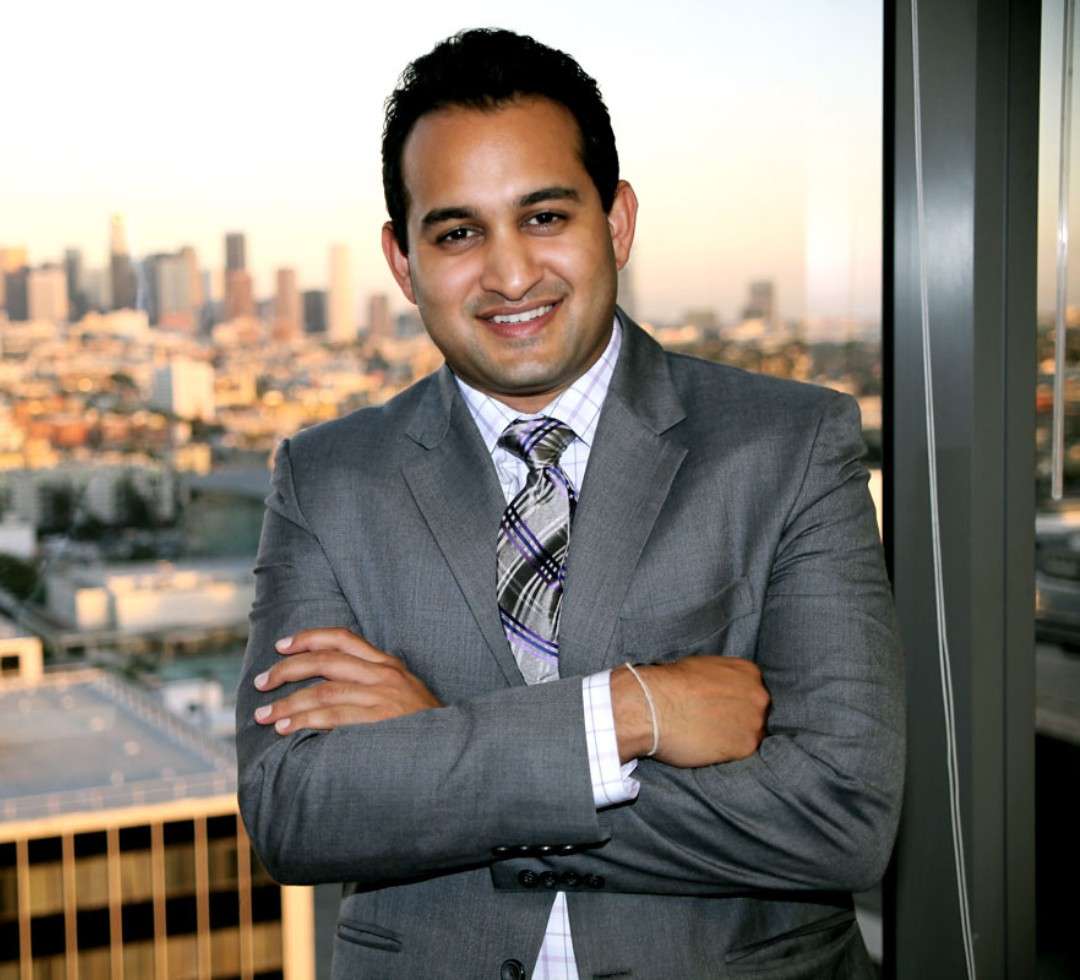
- OUR MISSION
OUR PURPOSE
Our mission is to empower and serve our community
through providing invaluable legal solutions that will
help all stakeholders thrive
- Who We Are
WHY ARE WE DOING IT?
We are an indispensable element to our client’s
organization, enabling them to build a successful business
that pays it forward.
▸ We are a trusted advisor for our clients.
▸ We educate and guide our clients through good and
challenging times.
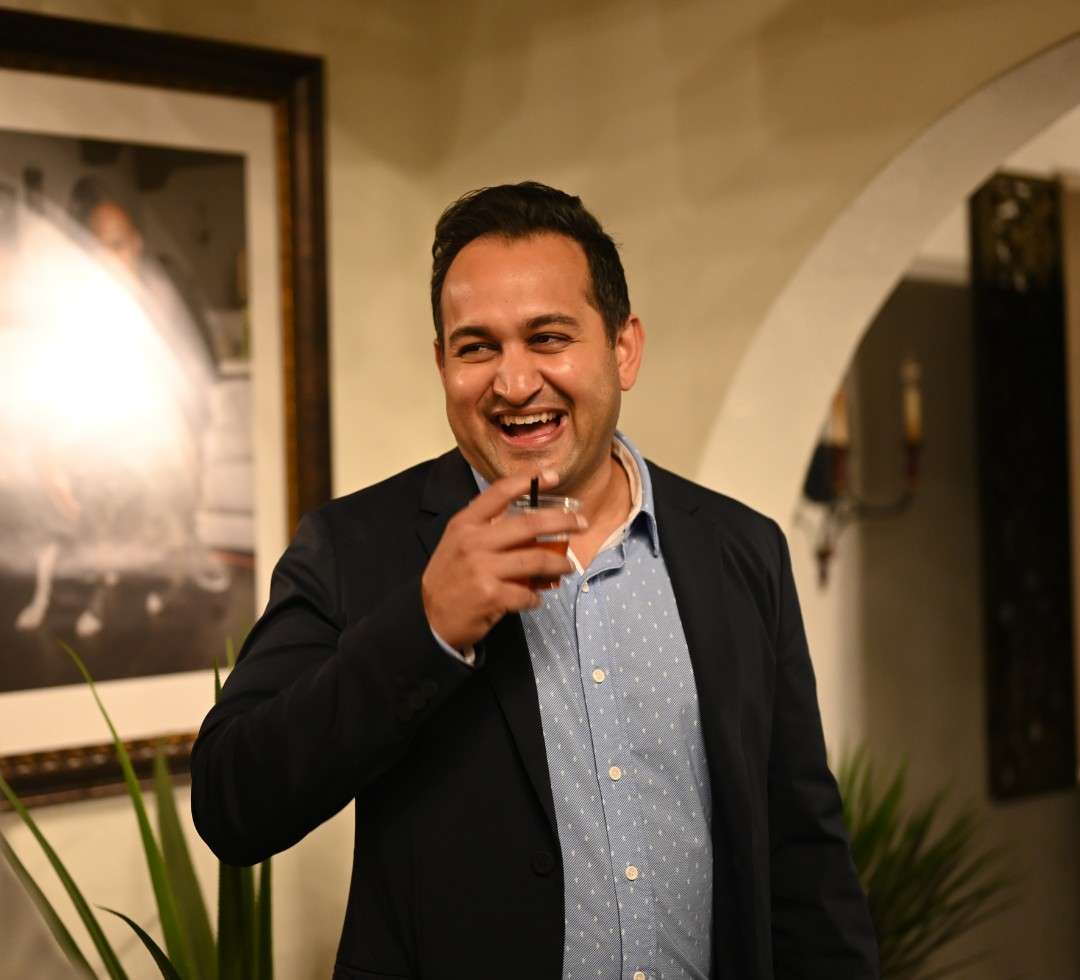
People will forget what you do; they’ll forget what you said. But they’ll never forget how you made them feel.
Maya Angelou
- Our Values
- Our Principles
WE VALUE MEANINGFUL RELATIONSHIPS
- Relationships are the drivers of success and fulfillment
- We care about each member of the team
- We care about our clients who place their trust in us to guide them
- We believe that our relationships define our lives and determine what we can achieve as a tribe, so we choose to value these connections above anything else.
- We show empathy and compassion for each other.
- We believe work life and personal life should not have artificial walls barriers between them. Humans are the same whether at work or at home. We all need to feel valued andsupported. We share our goals and achievements, failures and celebrations with each other.
- Without creating meaningful relationships with our team members and clients there is no
purpose for our firm
WE VALUE LEARNING
- Knowing things is great, but most “facts” are either an illusion, domain-specific, or have a short half-life.
- This tribe deeply values learning over knowing. Everyday we must bring an innate curiosity to our work. We must be willing to ask questions and change our mind when the facts demand a new perspective.
- Being a learner means we are detached from being right.
- We seek to understand, not just to be understood.
- Learning and the law is dynamic.
- We are dedicated to growth.
- We let go of old beliefs when they have outlasted their use. And we question ALL assumptions.
- Most importantly, a learner thrives in uncertainty. Uncertainty is the rule not the exception. We accept living in a state of uncertainty—because in that uncertainty lies opportunity to find the truth. And at the end of the day, we are seekers of truth.
- Our success will not be determined by what we know right now. The world is changing too quickly. Our success will depend on our ability to learn, implement, and grow.
WE VALUE RESULTS
- As a member of the team, your work is measured against the one question:
- Did it get the necessary results?
- In essence, words only matter if they are backed by action
- Talk is cheap. We are not in the business of “work theater” or micromanagement.
- We are professionals. If you are getting the job done and producing the desired results, then you are on the right track.
- We value people who focus on and get results. Don’t be busy.
- Be productive
HOW DO OUR PRINCIPLES WORK?
- Principles must state an action
- Principles must have a valid antithesis
- Principles must create the ability to overrule power
- Each member must be held accountable to the entire tribe for their actions. No one is above or below these principles.
PRINCIPLE 1: WE BEFORE ME
- Inverse: You’re only out for yourself, no one else
- We are a “tribe,” meaning, “a group of people who share a mission and culture and who work as a cohesive unit, to achieve something they find meaningful.” AKA a “team.”
- This means, when making decisions, we always make the right decision for the tribe as a whole, before you make the right decision for yourself.
PRINCIPLE 2: BRING YOUR WHOLE SELF TO WORK
- We value the people in this tribe and our relationships deeply, and we believe the the only way to honestly value each other and connect is to expect people to bring their whole selves to work, and then support them when they do.
- We strive to integrate our work and our lives so that both are meaningful, and both support each other.
- Each member of the tribe should feel comfortable expressing their individual goals and desires. This firm should be a conduit for each tribe member to realize their own goals and desires—even if we find out those goals or desires are better realized outside this firm.
- We strive to cultivate a culture of trust. This means being impeccable with you word. The tribe has a very low tolerance for bullshit.
PRINCIPLE 3: WE ALL EAT THE SAME DIRT
- We’re a tribe that cares for each other, works toward a common goal, and shares the rewards we earn. Because of this, we require a high degree of trust to function properly, and nothing creates trust better than complete transparency and shared sacrifice.
- Think of us as a ship, going off to search for riches in a new world. Yes, the captain is in charge of the ship, but he can’t sail alone. And he won’t get to the new world any sooner than the last man on the ship. They arrive together, or not at all.
PRINCIPLE 4: TELL YOUR TRIBE THE TRUTH
- Inverse: Don’t speak up, just be quite or keep it to small groups.
- True professionals see themselves as always needing to improve, and constantly seek professional and personal growth. This can only come from honest and direct feedback.
- Yet most people offer mindless praise (“Everything you do is perfect!”). That’s totally worthless, and a cowardly way to avoid the awkward discomfort of hard truths. This is a painful fact of life:
- Amateurs want comforting lies. Professionals want to hear uncomfortable truths.
- We only have room for professionals here.
- We care about each other. And as a friend and tribe member, we owed it to each other to tell each other when our fly is down, or we didn’t put in our best effort. The truth is hard to hear sometimes, but it often needs to be said for the tribe to thrive
- As a tribe, we are smarter and more perceptive than any one individual, so we must speak up and share our wisdom and ideas to utilize all perspectives. The only way to create an environment of constant learning, sharp decision making, and perpetual improvement is to have honest, candid and timely feedback between all members of the team.
- Plainly put: we must actively speak up and tell each other the truth at all times. To be even more
specific, this means: - If you see someone making a mistake, then you must tell them, so they can fix it.
- If someone has triggered an issue for you, then you must discuss it with them.
- If you see any problem anywhere in the company, you need to point it out.
- If you have any idea on how to improve things, you must speak up.
- If you find yourself complaining to yourself, but not saying anything to the tribe, you are violating this principle. Ray Dalio sums this up, “You must create an environment in which everyone has the right to understand what makes sense and no one has the right to hold a critical opinion without speaking up about it.”
- For the individual, this means listening when people give candid feedback and not gettingdefensive. Thank people for helping you get better
PRINCIPLE 5: THE GLASS IS ALREADY BROKEN
- Inverse: if it ain’t broke, don’t fix it
- We are committed to always doing our best. But at the same time we are constantly searching for a better ways to do things.
- In essence, we know everything we are doing now is going to be replaced eventually by something else. All of our processes are already “broken
- This principle is explained by Mark Epstein, the American psychoanalyst and Buddhist, when describing what happened when he met the famous
Buddhist scholar Ajahn Chah: - “We asked him to explain his Buddhist view. What had he learned from his years of contemplation and study? What could we bring back to share with the West?
- Before saying a word, he motioned to a glass at his side.
- “Do you see this glass? I love this glass. It holds the water admirably. When the sun shines on it, it reflects the light beautifully. When I tap it, it has a lovely ring. Yet for me, this glass is already broken. When the wind knocks it over or my elbow knocks it off the shelf and it falls to the ground and shatters, I say, ‘Of course.’ But when I understand that this glass is already broken, every minute with it is precious.”
- We could use, appreciate, value, and respect the glass without expecting it to last. In fact, we could use it more freely, with more abandon and more care, once we understood that it lacked what Buddhists call inherent existence. The glass, like the self, does not lose its value when we understand that it is not forever.”
- This principle, more than any other, governs how we think about all of our processes, tactics and strategies, and ultimately, about how we learn.
- If we focus on our stated mission–to make it easy for people to turn their ideas into books–then HOW we do it is free to constantly change and alter to best accomplish that mission.
- Scott Berkun explains why this concept is so important; because it resists calcifying bureaucracy:
- “Organizations become bureaucratic as soon as people define their job around a particular rule, or feature, rather than a goal. For example, if you tell me my job is to cook the French fries, I will resist anything that threatens the existence of French fries, since when they go away, so does my job. But if you tell me my job is to make side dishes for customers, I’ll be open to changing from fries to onion rings or other side dishes, even ones we’ve yet to invent, since my identity isn’t tied to a particular side dish but instead to the role side dishes play.”
- Most of what we “know” to be true today will probably fall to the same fate. So let’s accept this, and own it, and stop assuming we are “right.”
- Zen scholar Ikkyu summarizes this point, “Yesterday’s wisdom is today’s foolishness. Trust only in change.” A more modern evolution of the phrase from Elon Musk, “You should take the approach that you’re wrong. Your goal is to be less wrong.”
- If we assume we’re all already wrong, and our goal is to just be less wrong, then we’re free from the foolish idea that we were “right” to begin with. We weren’t then, we aren’t now, and we won’t be in the future. We’re just trying to get less wrong–because the glass is already broken.
PRINCIPLE 6: ASK QUESTIONS
- Inverse: Do things the way we’ve always done them
- “Question authority.” – bumper sticker
- To be a tribe that continually truly learns, we must all question everything.
- And not casual, easy questions. Fundamental, deep questions have to be asked, by everyone, about everything. Questions like:
- Why are we doing this?
- What’s the ultimate purpose?
- What result do we expect this to create?
- Why do we want this?
- Simple questions force people to explain things simply, which can help bring clarity to complex issues. Paul Bennett, the Chief Creative Officer at IDEO explains why:
- “If I just keep saying, ‘I don’t get it, can you tell me why once more?,’ it forces people to synthesize and simplify—to strip away the irrelevancies and get to the core idea.”
- Possibly the greatest information architect of all time (the man who started the TED conference, Richard Saul Wurman) said:
- “Most people don’t understand anything–just like me. The difference is, I admit it. Hell, I wallow in it. Every bit of work I do starts from not knowing.
- My expertise has always been my ignorance–my admission and my acceptance of not knowing. My work comes from questions, not from answers.”
- Believe it or not, a lot of people are afraid to ask questions. Why?
- One possible reason is that they believe everyone knows the answer but them, so they don’t want to speak up.
- Furthermore, many people have learned to stop asking questions because questions can be threatening and annoying, especially to those in power, and asking questions has gotten them in trouble in the past.
- Your parents, teachers and bosses may have gotten pissed at you for asking questions, but doing this is how to shine here. Forcing us to explain something to you–not just the decision, but the entire chain of thinking that led to it, put into the context of our goals–will not only make things clearer for you, but your questions will force us to make sure we actually know what we’re talking about.
- If someone can’t explain something simply, they don’t understand it. We’re both better off when you ask good questions, and we answer them
- NOTE: HOW we ask questions is key to this principle
- We must all know HOW to ask questions, so it’s important that you spend time refining your question style.
- There are a lot of ways to ask questions. Some are not helpful. For example, leading questions, rhetorical
questions, embarrassing questions, or statements in the form of questions all suck. - A good question is one that is based on genuine curiosity and interest in what the other person says.
- It’s asked in a way that is not threatening or judgmental, accepts their position, and intends to discover what is
truly on the other person’s mind. - How do you know if it’s a good question or a bad one? The framework for good versus bad questions is this:
▸Are you asking because you don’t know and want to learn the answer, or are you asking a question to shame or judge someone else?
▸Are you trying to discern the truth, or are you looking to tell someone what you think is right?
▸Does this question move us toward understanding? - This begs the question: What if your questions reveal that no one knows the answer. What then?
- This is actually a great thing, it lets us start from first principles (usually this culture doc)and reason forward with the Zen Buddhist principle known as “beginner’s mind.”
- In short, beginner’s mind is an attitude of openness, eagerness, and lack of preconceptions, like a beginner has when learning something new and interesting. The easiest way to get to beginner’s mind is to use “The Five Whys.” It’s very similar to the Socratic Method, in that it is designed to get at root causes and primary issues. It’s how Elon Musk approaches problems, by combining first principles that we talked about earlier and beginner’s mind, and is described by Tim Urban here.
- What this type of questioning does is achieve the ultimate aim of this principle and our values:
- Beginner’s mind allows us to strip away assumption and collectively utilize all ofour intelligence and experiences to process new information and create a new planof action.
PRINCIPLE 7: SHOOT THE MESSAGE, NEVER THE MESSENGER
- We attach ideas, never each other.
- Most people tie their identity to their ideas. This attitude is toxic and destructive to creative and free discussions. We are the opposite. Confrontation is good, as long as it is about the ideas and not the person.
- We win as a tribe and we lose as a tribe, so all feedback is about getting it right—as a tribe.
- We thrive in a culture of “constructive confrontation,” in which you challenge ideas, but not the people who advocate them. It is not personal. It is about us finding the right path forward.
- All of us together are much smarter than any of us apart, but the best way we can work together effectively is to share and combine all of our best ideas, wisdom and knowledge, and the way to ensure that is to create a discussion space that is safe from personal judgment, but where ideas are judged ruthlessly.
- People should feel free to openly say the things they want without feeling like they will be persecuted, jumped on, criticized or shamed. This creates the best outcome for everyone, because it means the best ideas will almost always win–which means the tribe will win.
- As succinctly as possible: You are not your ideas.
PRINCIPLE 8: ACT LIKE AN OWNER
- Inverse: Just do what you’re told
- When the tribe does well, everyone does well.
- Owners don’t just do their jobs; they take full responsibility for the ultimate result. Owners care about every detail. They go the extra mile. They look for problems, and when they find them, they solve them.
- They care about everything, because they know everything matters.
- Owners never say, “It’s not my job.” Owners know that everything is their job.
- To excel as a tribe, every member must take complete responsibility for the results we create and actions that need to be done. By acting like owners, we all get better, and we all win together as a tribe.
- For example, don’t ask for permission to make an improvement to a document, or to fix something or to in some way make the company better.
- Just do the things you know need to be done.
- I mean this very literally. This is how we expect EVERYONE in the tribe to get things done:
- A great tribe member will see things that need to be fixed, tell the CEO what they intend to do, why they think it makes sense, ask for feedback on the plan, and then execute it.
- Reid Hoffman thinks this type of exchange becomes a litmus test of talent:
- “How do you know if you have A-players in your tribe? You know it if they don’t just accept the strategy you hand them. They should suggest modifications to the plan based on their closeness to the details. And as they execute, they should continue to tweak the strategy, and you (the owner) should not feel a need to micromanage or second guess—if you do, you’ve got the wrong person.”
PRINCIPLE 9: CULTURE FITS ALWAYS HAVE A PLACE
- Inverse: People rise to the level of their incompetence
- We hire on culture first, then skill
- The thinking is that we can’t teach someone to value the same things that we do—either they do or they don’t—but if they do value those things, then we can almost always teach them the skills they need to be part of the tribe.
- This raises a question: once someone proves they are a culture fit, what happens if for some reason they are no longer a fit for their job?
- If you’re in the tribe and prove yourself to be a culture fit, you never have to leave. We will always find a seat for a culture fit.
- If we are serious about building a culture based on relationships and people, we cannot then turn around and fire people just because they were not able to fill a specific role.
- Someone who truly fits into this culture is rare and is cherished, and we will always go out of our way to find a place they can contribute and keep them with us. Anything less is a betrayal of what we say we value.
- A big part of what makes this tribe operate is trust. We not only trust each other, but we trust that we will support and help each other as much as possible.
PRINCIPLE 10: DO RIGHT BY PEOPLE
- Inverse: Rules dictate action
- I’ve learned that people will forget what you said, people will forget what you did, but people will never forget how you made them feel. ~ Maya Angelou
- Go out of your way to help others.
- Each interaction with someone is an opportunity to connect and serve them in some way.
- Practice random acts of kindness.
- Note: this doesn’t mean the client is always right or asshole clients should not get fired. But we can still approach each client with empathy and compassion, even if they annoy the hell out of us.
- Every member of the tribe is responsible for questioning our process from the perspective of how it impacts people.
- TEAM
Well Established And Here For You
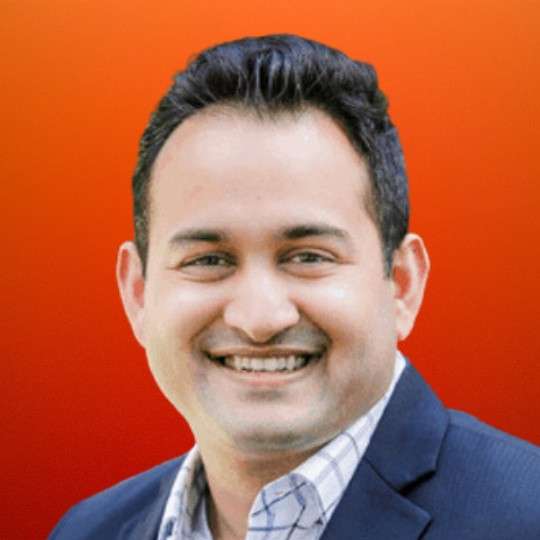
Pankaj S. Raval
- Founder Of Carbon Law
Driven by his desire to see his clients develop world-class businesses, Pankaj focuses on serving entrepreneurs and small to medium-sized companies.
Industries served include technology, fashion, entertainment, cannabis, personal and retail services, health care, and real estate, in the for-profit and non-profit space.

Judy Yen
- Associate Attorney
Judy Yen is an associate in Carbon Law Group’s Los Angeles office.
She joined our firm in 2019 and her practice focuses on representing emerging companies in intellectual property and business transactional matters.

Cristal Rosales
- Legal Administrator And Intellectual Property Paralegal
Cristal Rosales is the Legal Administrator and Intellectual Property Paralegal at Carbon Law Group.

Reyco Albarico
- Billing and Collections Specialist
Reyco joined Carbon Law Group in January 2023 as a Billing and Collections Specialist. Before joining the firm, his career was focused on Client Support and Debt Collections. He’s been in the finance industry for over 10 years.

Carolyn Solas
- Administrative Assistant
Carolyn joined Carbon Law Group in 2023 as an Administrative Assistant. Before joining the firm, her career focused on assisting clients in various industries, including finance, real estate, and the academe. She holds a degree in Mass Communications.

Rhima Delos Santos
- Billing Support
Rhima has a degree in Accountancy and has worked as an Accountant, General Administrative Assistant, and Data Analyst in her previous jobs.

Ana Caren Zamora
Ana Zamora is the Intake Specialist at Carbon Law Group. She joined the team in 2023 and serves as one of the first contacts our clients have with us. She is fluent in English and Spanish.
- Of Counsel And Affiliates
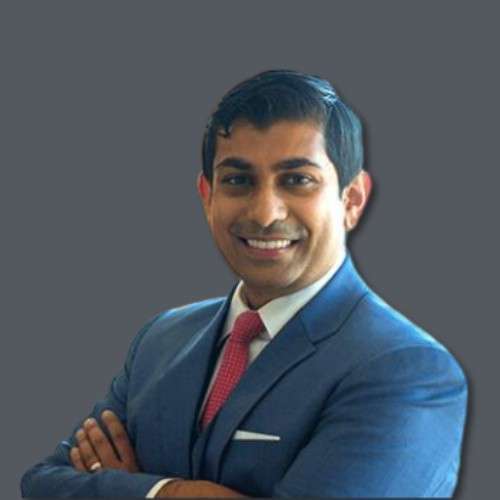
Parag L. Amin
- Associated Litigation Counsel, Law Offices Of Parag L. Amin
Parag has saved and recovered millions of dollars for his clients. Parag has represented employees, small business owners, and public figures.
He has been quoted in LA Weekly, LA Times, and Rolling Stone, and he has been named as a Rising Star by SuperLawyers for 2017 and 2018.
The Rising Star award is given to less than 2.5% of attorneys who exhibit excellence in practice.
However, despite the successes and the awards, Parag has never lost touch with the human component of what it means to be a lawyer…
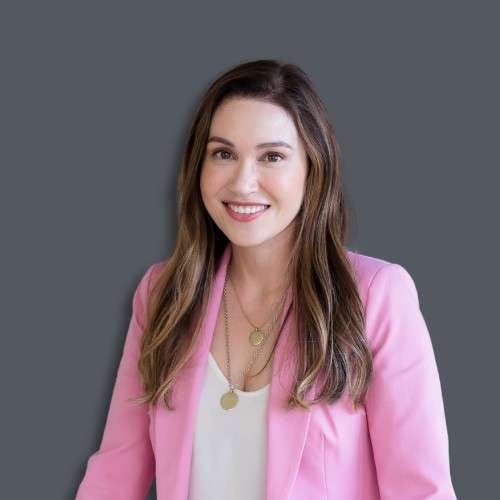
Lela Kelly
- Corporate Attorney, Of Counsel
Lela Kelly joined Carbon Law Group in 2021.
Her practice primarily consists of technology and other related transactions, equity and/or debt financings, complex financial transactions, general corporate matters, commercial transactions, and privacy laws.
Her practice primarily consists of technology and other related transactions, equity and/or debt financings, complex financial transactions, general corporate matters, commercial transactions, and privacy laws.
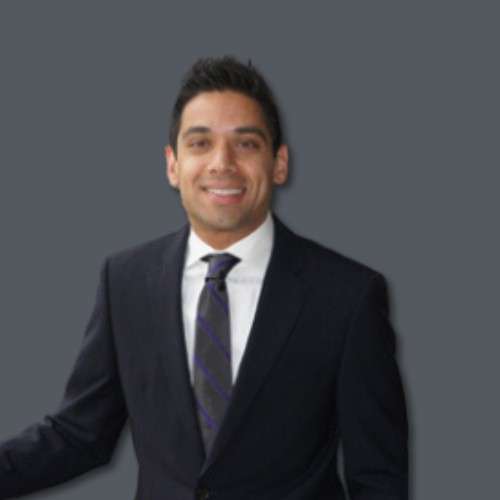
Bimal Raj Merchant
- Corporate and Securities, Of Counsel
Bimal’s practice focuses on business and securities transactions, contracts, business entity formation, business succession planning, Mergers & Acquisitions, real estate and intellectual property.
Bimal provides General Counsel to companies in a wide variety of legal topics pertaining technology, healthcare, science, medical, real estate, web-based applications, cannabis, service-oriented business, engineering, retail, logistics, warehouse and consumer.
Bimal provides General Counsel to companies in a wide variety of legal topics pertaining technology, healthcare, science, medical, real estate, web-based applications, cannabis, service-oriented business, engineering, retail, logistics, warehouse and consumer.
What Our Clients Are Saying
Companies hire us because of the results we provide.


